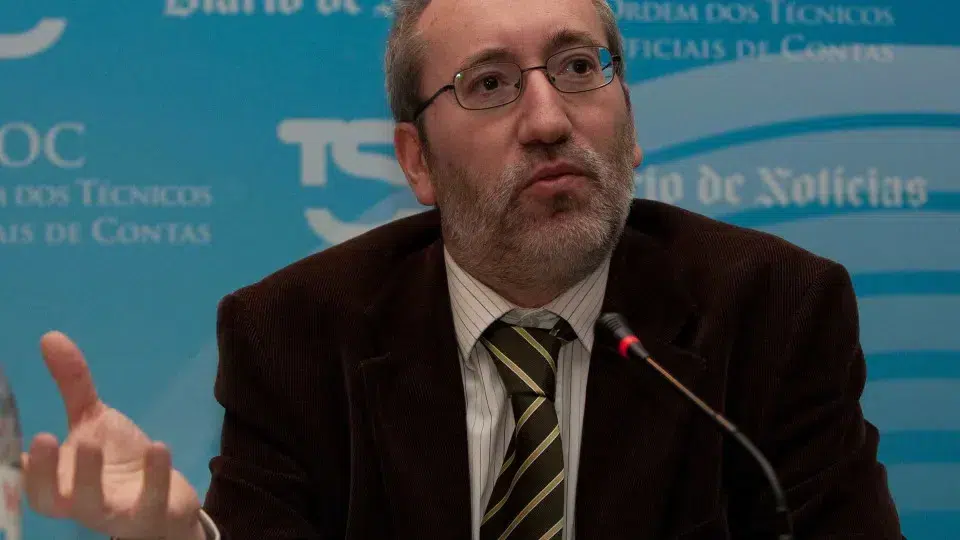
“He was not only the founder of one of the largest Portuguese political parties, the PPD/PSD, but also, in that capacity, a founder of our democracy. Even before April 25, 1974, he founded the newspaper Expresso, one of the most influential titles in Portuguese media, which was also essential at the time for asserting freedom under a regime that did not yet recognize such freedom,” highlighted Durão Barroso in statements.
Durão Barroso also emphasized his friendship and companionship in “many political struggles” with Pinto Balsemão, remembering the PSD’s number one member as “the most cosmopolitan Portuguese politician of his generation.”
Pinto Balsemão, recalled the former president of the European Commission, was “someone with extensive international relationships, not only in politics but also in economics, business, and media, both at the European and global levels.”
“He was a man with a hugely important and diverse network of contacts, someone who combined this cosmopolitanism with, naturally, love for his own country, Portugal. He had a great passion for freedom and, above all, a passion for life, with broad intellectual curiosity that went beyond politics,” he emphasized.
Durão Barroso believes Balsemão leaves a legacy of “passion for freedom,” even in the “sometimes contradictory and difficult roles” he held in politics and media.
“He demonstrated the ability to respect the necessary independence and spirit of tolerance. Therefore, it was a great loss for the country, in my opinion, and I wanted to take this opportunity to express my deepest condolences to his family,” concluded the former Prime Minister.
Francisco Pinto Balsemão, the former leader of the PSD, ex-Prime Minister, and founder of Expresso and SIC, passed away on Tuesday at the age of 88.
Balsemão founded the weekly Expresso in 1973, during the dictatorship, as well as SIC, the first private television in Portugal in 1992, and the media group Impresa.
In 1974, following April 25, he co-founded the Partido Popular Democrático (PPD), later the Partido Social Democrata (PSD), with Francisco Sá Carneiro and Magalhães Mota. He led two governments following the death of Sá Carneiro, between 1981 and 1983, and remained a member of the Council of State, the advisory body to the President of the Republic, until his passing.




